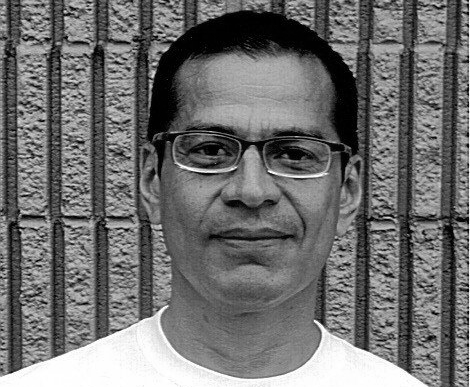Ricardo Ashmeade Serving 22-Year Sentence For Cannabis, Pens Letter to Biden for Clemency
SIGN RICARDO'S RELEASE PETITION HERE
Richardo Ashmeade #34233-083
FCI Edgefield
P.O. Box 725
Edgefield, SC 29824
July 21, 2024
President Joseph R. Biden Jr.
The White House
1600 Pennsylvania Avenue N.W.
Washington, DC 20500
Re: Clemency Petition
Dear President,
My name is Ricardo Ashmeade and I am currently housed at Federal Correctional Institution Edgefield in South Carolina, serving as a Utility Orderly. I am writing to bring to your attention my clemency petition C305845, which is awaiting review and decision from your office. During this interim period, I would like to provide you with an update on significant developments since I submitted my clemency petition.
Firstly, I have proactively engaged in personal development by completing four challenging courses: Crochet, Emotional Intelligence, The United States Constitution and Mind Strength. I am currently enrolled in an Entrepreneur Opportunities class, which I anticipate completing shortly. Despite the challenges, I am committed to continuous self-improvement, preparing myself for a successful reintegration into society upon release.
Secondly, I was transferred to Federal Correctional Institution Edgefield in March 2024, due to an escalation in my medical care needs from Care Level 1 to Care Level 2. This transfer was necessitated by the inadequate medical care available at my previous facility, in addressing my Chronic Kidney Disease, Type 2 Diabetes mellitus and suspected primary open angle glaucoma. These conditions require ongoing monitoring and treatment, which poses challenges within the Federal Bureau of Prisons system. Upon release, I am confident in accessing superior medical resources available in the community.
Thirdly, my recent Program Review indicates that I am now assessed at a Low Risk Recidivism Level. Considering my age, risk assessment, established support network and the considerable time elapsed since my offense, the likelihood of recidivism upon release is minimal, supporting my case for clemency.
I would also like to draw your attention to the support garnered through my change.org petition; https://chng.it/D7zpSqBW ; which has amassed approximately 2980 signatures advocating for my release. Organizations such as Last Prisoner Project, Freedom Grow and The Redemption Foundation have committed to assisting in my re-entry preparation and providing ongoing support post-release.
I am currently in my 16th year of incarceration following sentencing in a federal court in Tampa, Florida, for a non- violent marijuana offense. Having served 85% of my sentence thus far, I have endured significant time in some of the Federal Bureau of Prison's most challenging penitentiaries, including United States Penitentiary Canaan, United States Penitentiary Lee and United States Penitentiary Pollock. Despite currently being at a medium- security institution, the associated violence and trauma remain palpable, as highlighted by the recent tragic incident involving my neighbor, Joseph Hamilton, 36, on June 4, 2024. https://www.wrdw.com/2024/06/04/inmate-
dies-edgefield-federal-prison-authorities-confirm/
I am hopeful that through your consideration for commutation, the remaining 15% of my sentence (approximately 3 years), can be spent with my wife, mother, children and loved ones, whom I dearly miss.
I commend your efforts in the initiative to de-schedule marijuana on the Control Substances Table, reflecting your commitment to justice for non-violent marijuana offenders. I respectfully request to be considered among those deserving of an early release through the upcoming clemency process.
I am fully prepared and eager for a productive transition back into society, equipped with a renewed perspective and dedication to making a positive contribution with the time i have left.
Thank you for you time and consideration.
Sincerely,
Ricardo Ashmeade






